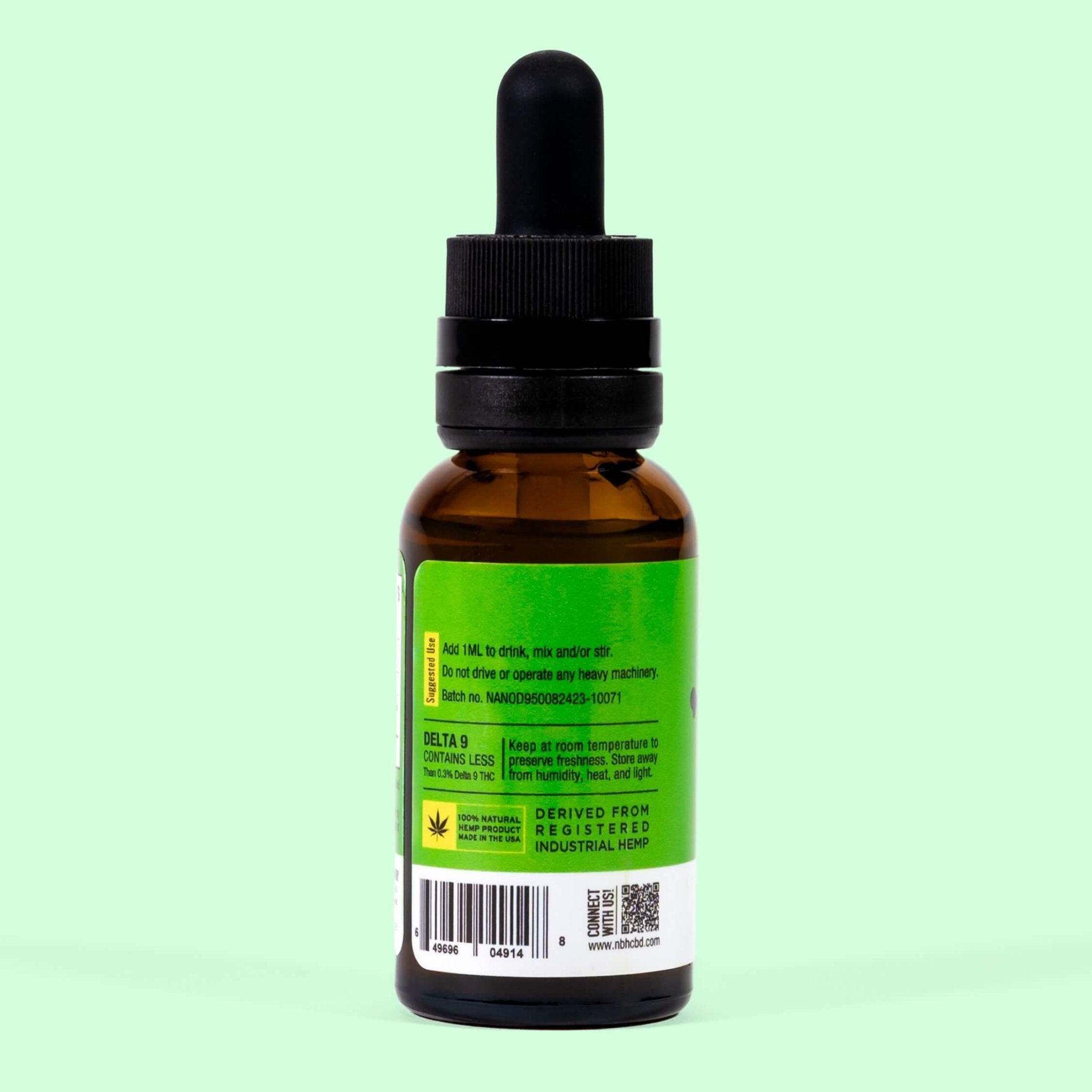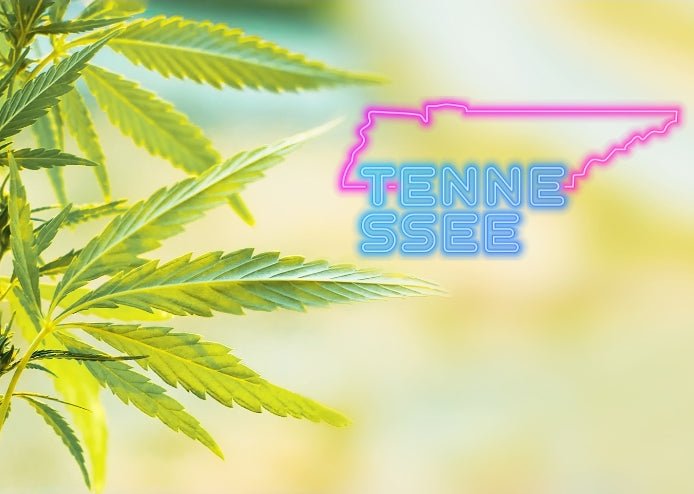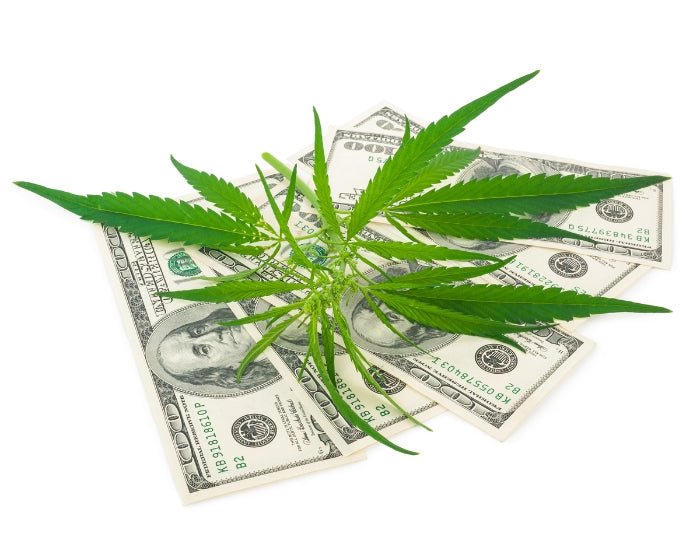With both chambers of the State House passing the controversial measure last week, hemp advocates fear the governor's signature could effectively destroy the burgeoning industry.

Minnesota is on the verge of becoming the 23rd state to legalize recreational marijuana. In a narrow 34-33 vote of approval, the Senate passed its version of the legalization reform last Friday. That vote occurred three days after the House ratified its companion bill, HF 100. Both pieces of legislation endured long and, at times, contentious journeys through an odyssey of more than a dozen committee hearings, respectively.
The measure will now have to go before a bicameral conference committee, where lawmakers will work to reconcile the differences between the House and Senate versions of the bill. After that process, the legislation will face a final vote in each chamber and, if approved, will go to the desk of the vocally pro-cannabis Governor Tim Walz (DFL).
If the potentially historic bill becomes law, it could have some vastly under-reported and detrimental consequences, particularly for the Minnesota hemp industry. As first reported by hemptoday, the highly unusual and unprecedented inclusion of hemp in the marijuana reform legislation for Minnesota would establish harsh economic and regulatory rules that could ultimately crush much of the legal hemp market in the state.
Of the more than 20 states that have enacted legalized marijuana laws, Minnesota would be the only one to enmesh hemp with cannabis in its legislation initiative. Under the proposed legislation, all THC products would be subject to licensing, regulation and taxation, including hemp-derived items.
Hemp and cannabis both come from the cannabis sativa plant. The difference between the two lies in the levels of delta-9 THC derived from each part of the plant. Any part containing less than 0.3% delta-9 THC is classified as hemp. Any portion of the plant containing more than that threshold amount is considered cannabis.
According to the Minnesota Industrial Hemp Association (MIHA), licensing categories created by both versions of the adult-use marijuana measure would inflict a complex and burdensome regulation infrastructure on the still young and developing industry. The watchdog group is lobbying lawmakers to include rules advancing interstate commerce to ensure a robust and reliable production chain for industrial hemp.
In an interview with Morning AgClips, MIHA President Dave Ladd said, "We remain concerned and frustrated over the lack of measurable progress regarding the inclusion of provisions that would grow Minnesota's industrial hemp sector."
"We remain concerned and frustrated over the lack of measurable progress regarding the inclusion of provisions that would grow Minnesota's industrial hemp sector."
- MIHA President Dave Ladd
Many critics believe the unnecessary lumping of hemp in with cannabis is in direct response to an amendment approved in last year's omnibus spending bill that inadvertently created a glut of products containing a dangerous form of delta-8 THC. Delta-8 is one of more than 100 cannabinoid variants in hemp and cannabis. Unlike its more famous cousin, delta-9, delta-8 occurs in tiny amounts in the plant and has much milder intoxicating effects than its more familiar relative.
However, enterprising chemists and hemp entrepreneurs utilizing a synthesizing process involving CBD have created a much more potent version of delta-8 that can have unpredictable and potentially deadly effects. As a result, many states have begun cracking down on the enigmatic cannabinoid, enacting laws to restrict or totally ban products containing delta-8. Minnesota is the only state using its recreational marijuana law to regulate the variant and all hemp-derived THC items.
During the committee hearing process, groups like MIHA and other hemp advocates lobbied lawmakers to reduce or remove the overly restrictive hemp provisions. In response, both the House and Senate versions added amendments to allay the concerns of industry stakeholders. Unfortunately, however, small hemp businesses are still likely to be irreparably harmed if and when the legalization measure goes into effect.
According to one hemp entrepreneur, if enacted, the legislation could be the death knell for his and many other hemp-based companies in Minnesota. "My business dies on July 1st, 2023," said Plift CEO Todd Harris.
"My business dies on July 1st, 2023."
- Todd Harris, CEO of Plift
Harris and his fellow hemp business owners have worked relentlessly and thoughtfully to create a market to provide high-quality products that improve the health and wellness of consumers while also building an economically viable and diversity-rich industry in a state that prides itself on the slogan, "Minnesota Nice."
To many in the hemp industry, the law's inclusion of hemp makes no sense. Jeff Brinkman with Superior Cannabis encapsulates the overall sentiment best: "Legalize and be fair about it and be small business-oriented."
"Legalize and be fair about it and be small business-oriented."
- Jeff Brinkman of Superior Cannabis
However, a more sinister element may be at play, according to Harris and other small hemp business owners of color. As the legislative process began to heat up over the past few weeks, supporters of the legalization measure began resorting to racial attacks on hemp entrepreneurs of color in Minnesota.
Blatant, hurtful and defamatory, the actions of specific individuals associated with MN is Ready, the leading lobbying organization behind the push to legalize adult-use cannabis in Minnesota, have revealed dark and systemic racist tactics on the part of corporate cannabis to further a bill that most in the hemp industry largely support, outside of the unnecessary and punitive provisions concerning hemp.
As unfortunate and painful as the attacks have been, Harris and other small hemp business owners of color, like Steven Brown of Nothing But Hemp, remain steadfast and resolute in their commitment to keeping the Minnesota hemp industry alive, thriving and racially inclusive.
There is still time to address the existential threat the yet-to-be-signed legislation poses. Hopefully, lawmakers, the governor and all impacted parties will come together to make the new law work for all Minnesotans.
There is enough economic prosperity and opportunity for the cannabis and hemp industries. Allowing toxic and injurious behavior to go unchecked, all for the passage of a flawed piece of legislation, is not the legacy Minnesota wants for its addition to the land of legal weed.








































